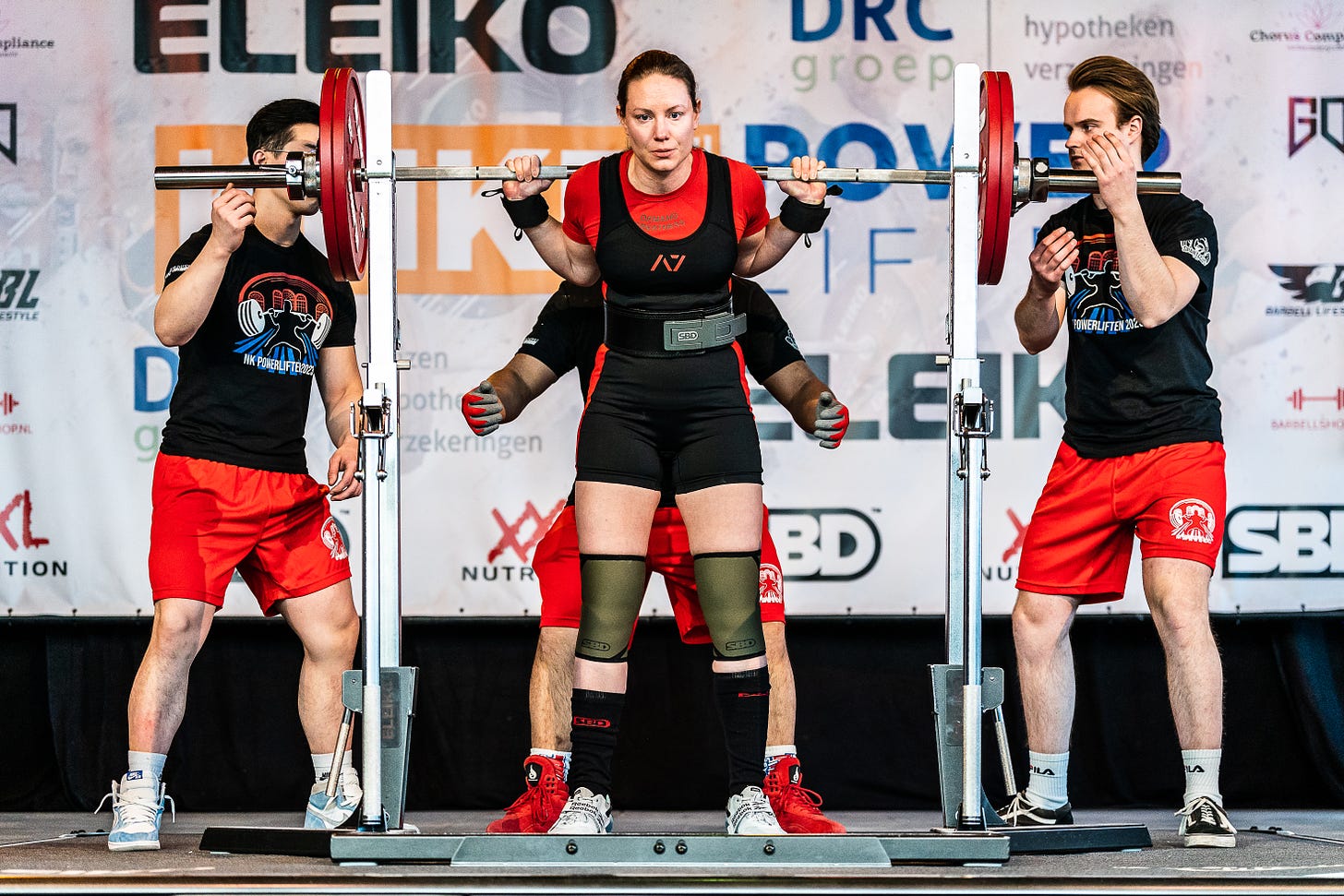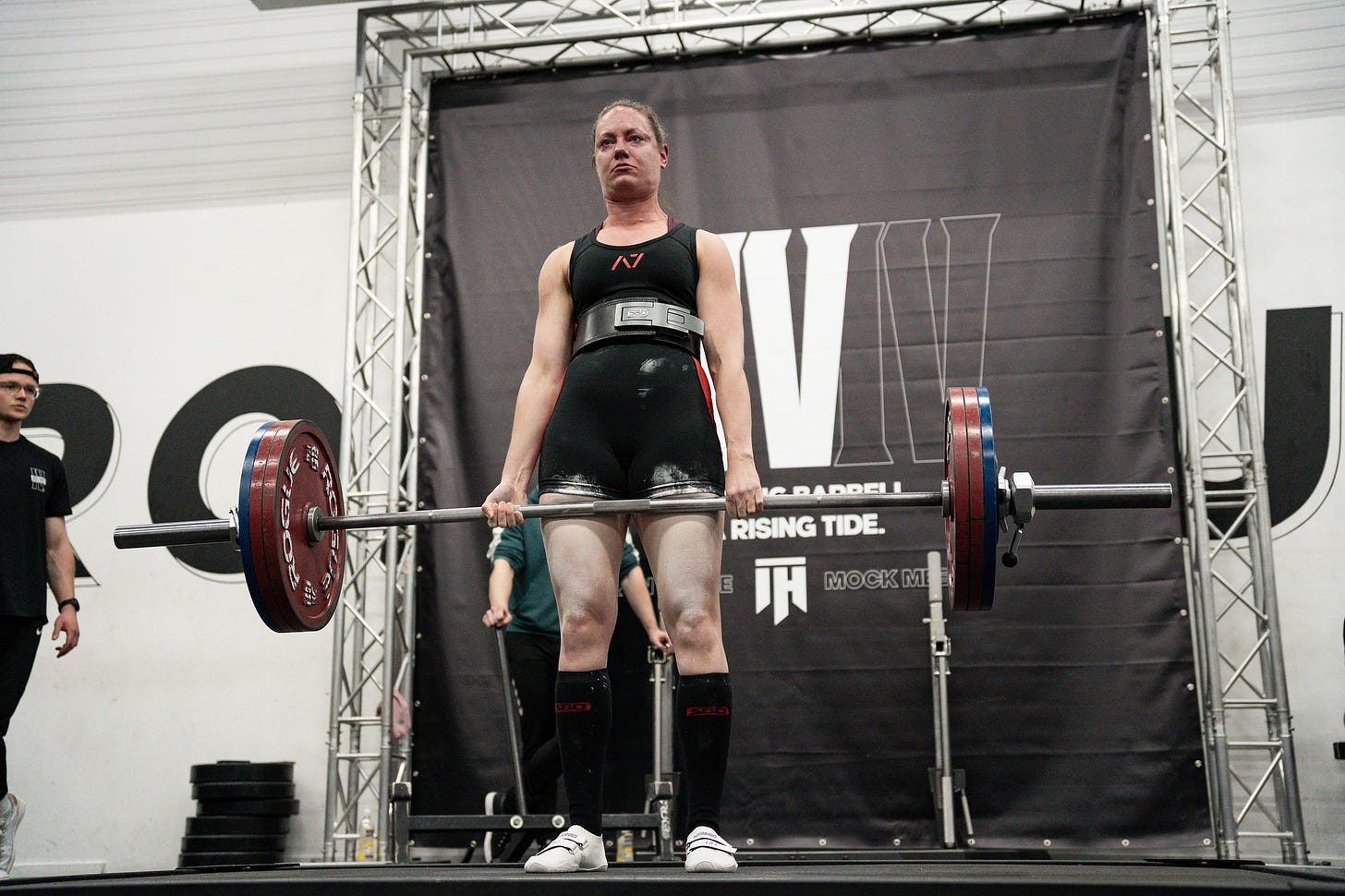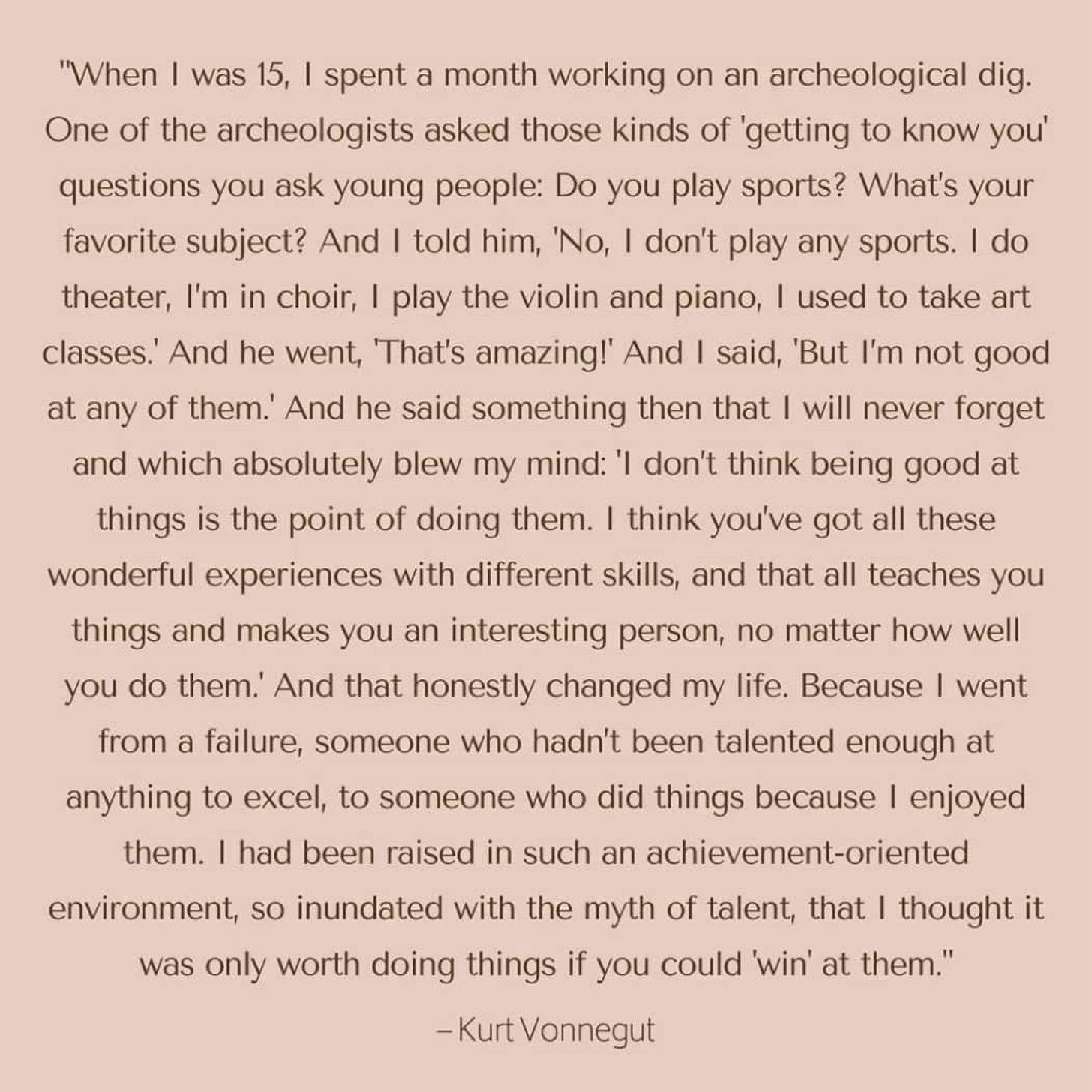Winning or learning
You’re never a loser, unless you consider yourself one
In sports psychology there’s an exercise that has athletes reflect after a competition called “win or learn”. If they’ve won (and this doesn’t necessarily mean that they placed first, but rather that the day went as planned), great! If the day didn’t go as planned: what can you learn? What can you improve next time? What can you do differently? The important part is that you never ever consider yourself a loser, but keep an inner upward momentum.
Earlier this year, I participated at the Dutch National Championships in the sport of powerlifting. For those of you who are like “huh?”, in powerlifting you try to lift as much weight as possible in the squat, the benchpress and the deadlift.

getting ready for the squat at the National Championship
I knew that just competing was the end goal, there was no way that I would get a good result compared to the other athletes in my weight class. So I didn’t even care about my placement at the competition, I just tried to focus on what I could do, given how training had gone. I was nursing an injury at the time, so the end result was even less than I hoped. I ended up placing last, so I was literally the loser of the bunch. Yet, I did not consider myself a loser at all. I was proud for having reached the national level of a sport (at my age! lol).
But even though I had “won” according to my own definition there was still much to learn. Perfectionism had gotten the better of me that day. Despite my injuries I had focused on getting a certain result, but it was beyond my control that day. That’s something I worked on and my next competition felt way better in that regard.

170kg deadlift in the -69kg weightclass
Anyone who puts serious effort into a sport knows that the physical stuff is just part of the puzzle. It’s how you handle the mental aspects that will affect the joy and results you get. A big mistake many people make is wanting certain results. That is a very narrow definition of success.
It’s better to focus on what you can control, in the case of sport that is the quality of your training sessions, your sleep, your nutrition, the belief you have in your skill.
This goes for other parts of life as well: learning a new skill in whatever it is that you like (music, art, work related). You are winning or learning, never losing. Reflect on what worked or didn’t, and apply the lessons learned in future situations.
I will leave you with this short story from Kurt Vonnegut:

I’d rather live my life with this attitude than focusing on the narrow definition that society has of “success”.
What about you?



Comments ()